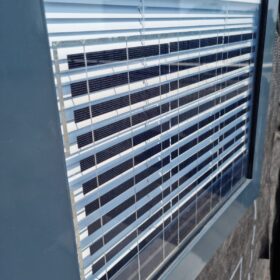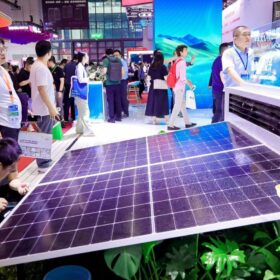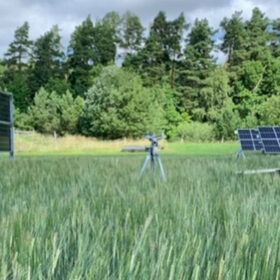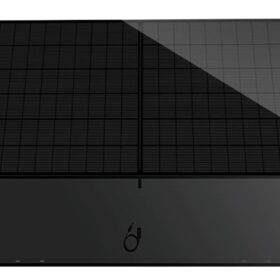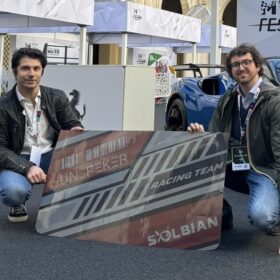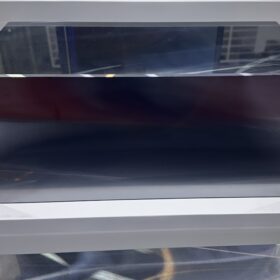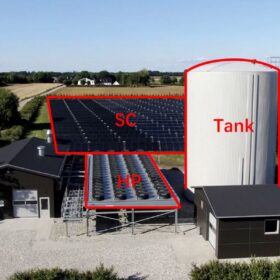TNO researchers build world’s first bifacial PV window
The new multifunctional PV window concept aims to produce electricity while providing over-heating protection for better indoor thermal and visual comfort. It consists of an insulating glazing unit with bifacial crystalline silicon solar cells strips and embedded venetian blinds that act as reflectors for the rear side of the cells.
France’s Carbon involved in patent case with JA Solar
France-based PV manufacturer Carbon is currently involved in patent proceedings with JA Solar over tunneling silicon oxide (SiO2) layers, doped polysilicon layers, and electrodes in tunnel oxide passivated contact (TOPCon) solar products.
Dutch PV sector calls for consumption incentives as end of net metering looms
Dutch trade body Holland Solar is urging the new Dutch government to introduce self-consumption incentives for batteries, boiler tanks, and heat pumps used in combination with PV systems, as the country plans to phase out net metering by 2027.
Japan’s oldest PV system gets refurbished
Tokyo-based startup Girasol Energy and the enterprise bureau of Japan’s Yamanashi prefecture have repowered Japan’s oldest PV system, a 100 kW array built in 1993. The project aimed to partially replace the original 13.3% efficient solar modules, offering an alternative to dismantling and recycling the system’s components.
Vertical agrivoltaics for barley
Researchers in Sweden have measured barney yield in a vertical agrivoltaic facility and have found that despite the shade created by the modules the yields are comparable to open-field control conditions, if not slightly higher. Their methodology can be replicated for other sites and crops.
Gstar introduces 440 W TOPCon solar module with framless design
The Singapore-based manufacturer said its new panel can achieve self-cleaning through rainwater thanks to its frameless design. The new product features an operating temperature coefficient of -0.30% per C and an efficiency ranging from 21.51% to 22.53%.
Solbian, Sunspeker unveil customizable solar modules for vehicle-integrated photovoltaics
The two Italian companies said their new modules use a fully recyclable sticker that can help to improve aesthetics and turn the panels into advertising billboards. The panels use 24%-efficient interdigitated back-contact solar cells from Maxeon.
Assessing fractures in G12 monocrystalline wafer processing
Scientists in China have investigated the fracture strength of commercial G12 monocrystalline wafers via the 4-point bending test and have found that wafer thickness, the position of the silicon wafer in the silicon brick, and the bending test direction are key parameters to develop future strategies aimed at reducing fractures.
Duffing oscillator can increase low output voltages in PV systems at dawn, sunset
Scientists have utilized a device based on the Duffing oscillator to solve the problem of PV systems’ low efficiency at low input voltages at dawn and sunset. Its performance was reportedly better than that of a conventional DC-DC boost converter in amplifying weak input voltages.
Air-to-water heat pump for solar-assisted district heating
Researchers in Denmark have found that using a large-scale air-to-water heat pump in solar district heating may significantly reduce its levelized cost of heat. The proposed system configuration was simulated for an existing district heating plant in Denmark and was found to improve the flexibility of the system in response to energy prices.

